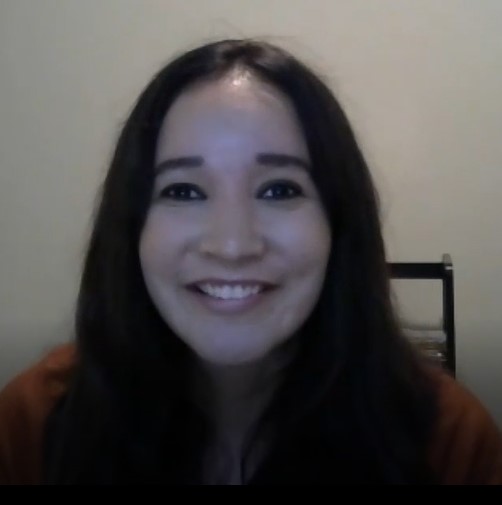The NRB is designed specifically to address the most pressing needs identified by people with bleeding disorders and their families and loved ones. Since the NRB process was initiated, community members have been integral to conversations, surveys and working groups that have informed this work. Initially, to recognize the unique and important perspective that they possess, they were referred to as "subject matter experts" or SMEs. With input from these representatives, NBDF now refers to them as "lived experience experts" or LEEs. This term better reflects the distinctive expertise LEEs acquire by living with these disorders and the imperative that their perspective remains at the center of every step of the research process.
Lived Experience Experts (LEE) Definition
Lived Experience Experts (LEEs) are individuals, their caregivers, and family members directly impacted by inheritable bleeding disorders. Their diverse and personal knowledge gives them the unique ability to translate lived experiences into meaningful system change.
Based on this important perspective, LEEs should to the best of their abilities influence and/or drive bleeding disorders research. They should reflect a diversity as vast as those affected by them.
Especially in rare disorders, LEEs have unique, valuable expertise to contribute to all stages of research (e.g. planning and designing, participating and recruiting participants, communicating its importance and results). LEE participants in the NRB outline the importance of integrating LEE voices within the research process and the opportunities for more impactful results to benefit patient care in an editorial published in Expert Review of Hematology in March 2023.
 "Including LEEs in leadership roles will make research stronger."
"Including LEEs in leadership roles will make research stronger."
– Esmeralda Vasquez, LEE NRB representative
Listen as LEE representatives talk about their role in the research process during a recent Wednesday Webinar (watch part 1 and part 2). If you are interested in joining this group and contributing to the advancement of science in bleeding disorders, please contact us through the form below.

